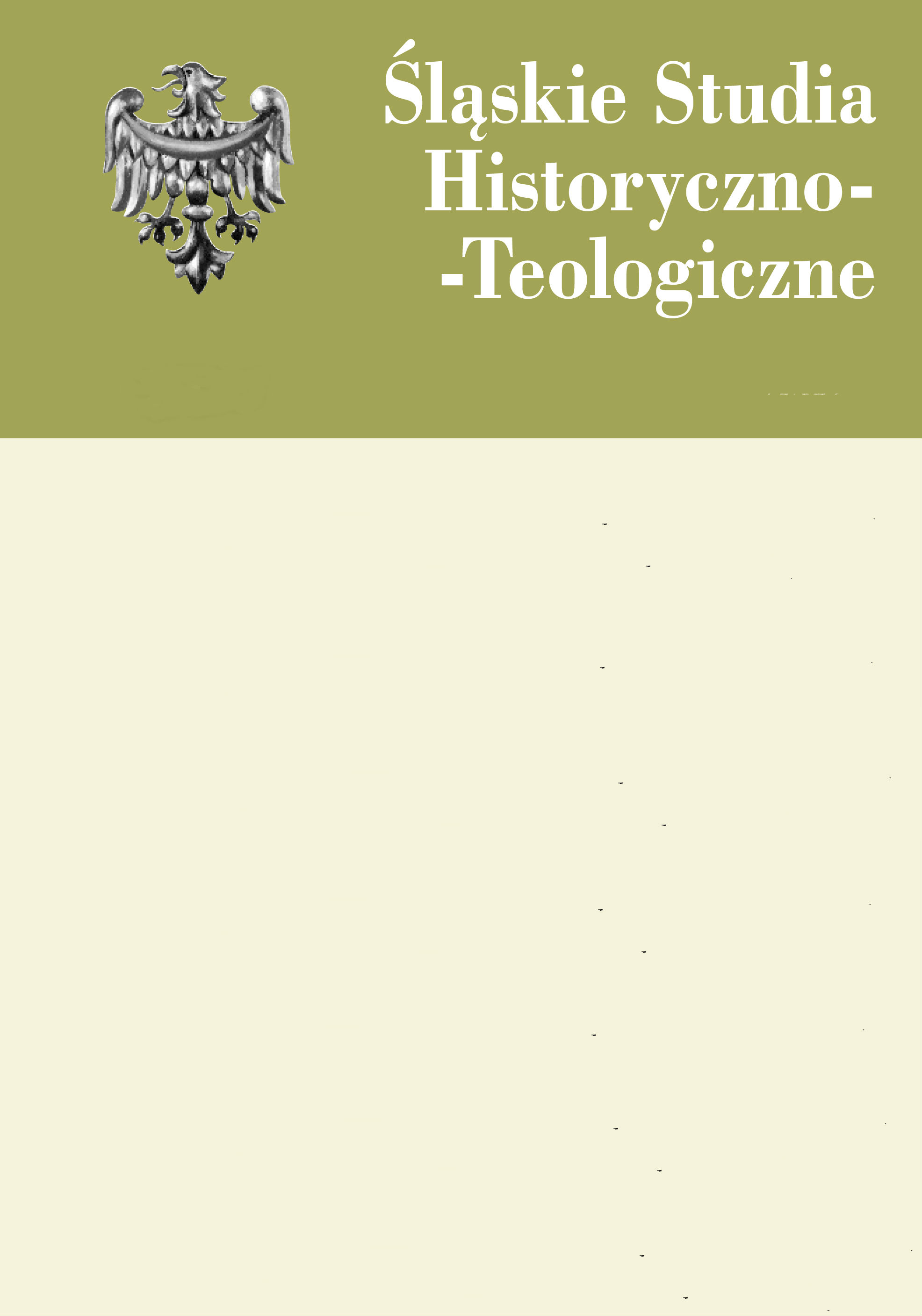Krytyka wiary w przeznaczenie i koncepcja wolnej woli człowieka w traktacie Euzebiusza z Cezarei "Przeciwko Hieroklesowi"
The critique of faith in destiny and the conception of human free will in the treatise of Eusebius of Caesarea Against Hierocles
Author(s): Adam TonderaSubject(s): Christian Theology and Religion
Published by: Księgarnia Świętego Jacka
Keywords: Eusebius of Caesarea; Sossianus Hierocles; Apollonius of Tyana; Against Hierocles; fatalistic determinism; Fates; Necessity; destiny; free will; free choice
Summary/Abstract: The apologetic treatise of Eusebius of Caesarea contains a philosophical and theological critique of fatalistic determinism expressed by Apollonius of Tyana in his teaching about the Fates and Necessity. According to Eusebius, attributing one’s own activity to destiny and to superior beings, like the Fates and Necessity, one negates God’s Providence, personal responsibility and human free will. A follower of such views should be considered godless and foolish, but not a true philosopher. In the conception of the Christian author the man is free in his choice of things “which are within our power” and he is responsible for his choices.
Journal: Śląskie Studia Historyczno-Teologiczne
- Issue Year: 45/2012
- Issue No: 2
- Page Range: 231-244
- Page Count: 13
- Language: Polish

